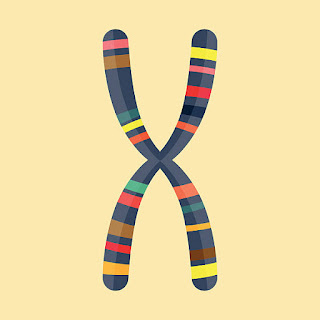Introduction of blood
Blood (Introduction and Composition)
Definition:
Blood is specialized connective tissue consisting of liquid intercellular substance plasma and formed element
RBCs, WBC, and platelets.
It circulate in closed system of blood vessels and provides a medium to transport substances from one part of the body to the other.
pH of blood
7.4
Range
7.35 to 7.45
Limits
Not lower than 6.8 and not more than 7.8
pH of RBC
7.1 (less alkaline)
composition of blood.
I) formed element: 45%
cellular part
RBC, WBC, and platelets.
II) plasma (fluid part) 55%:
1) water 91 to 92%
2) solids= 8 to 9%
a) in-organic:
sodium, magnesium, potassium, phosphorus, copper and iron
b) organic
i) proteins
serum albumin 4.5%
serum globulin 2.5%
fibrinogen 0.3%
prothrombin, etc
ii) Non protein:
nitrogenous substances, eg urea, uric acid, creatinine, NH3 and amino acids etc
iii) fats
neutral fat, phospholipid, cholesterol, etc
iv) carbohydrates:
glucose
v) other substances
eg internal secretions, antibodies, enzymes.
colour of Plasma
plasma is yellow coloured.
causes of Plasma colour:
small amounts of bilirubin,carotene and xanthophilin.



Comments
Post a Comment